Monsoon Health Tips: Stay Safe and Healthy During the Rainy Season
The monsoon season is a distinct period of the year characterized by heavy rainfall. While it brings much-needed relief from the summer heat, it also creates conditions that can lead to waterlogging and an increase in disease-causing vectors like mosquitoes, flies, and ticks. This can result in common monsoon ailments such as dengue fever, malaria, typhoid, and diarrhoea. Additionally, the increased humidity fosters the growth of bacteria and fungi, leading to food contamination and foodborne illnesses.
To mitigate the health risks associated with the monsoon season, focusing on personal hygiene and taking appropriate preventive measures is crucial. Here, we share seven essential monsoon health tips to help you stay healthy during the rainy season.
Essential Precautions for the Rainy Season
Taking necessary precautions during the rainy season is vital to safeguard your health and promote overall well-being. Personal hygiene is at the core of these precautions. By maintaining proper hygiene, you can address the risks and challenges associated with the monsoon and help create a safer and healthier community.
Personal Hygiene
Clean Hands: The monsoon season creates an ideal environment for the growth and transmission of viruses, bacteria, and fungi. Maintaining proper hand hygiene can prevent the transmission of infectious agents. Wash your hands regularly with soap and water to eliminate germs. This reduces the risk of skin infections, gastrointestinal issues, and respiratory infections.
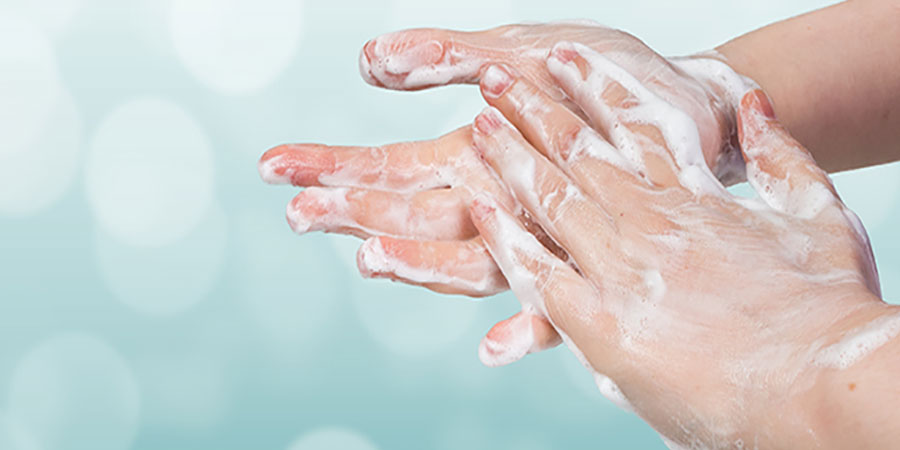
Skin Care: The heavy rains increase humidity, leaving the skin moist and oily. This can lead to fungal infections, rashes, and acne. Use antibacterial soap for bathing and keep your skin dry to avoid skin problems.

Respiratory Health: Viral fevers due to allergies and respiratory tract infections are common during the rainy season. Cover your mouth while coughing or sneezing, and avoid close contact with people who are sick.
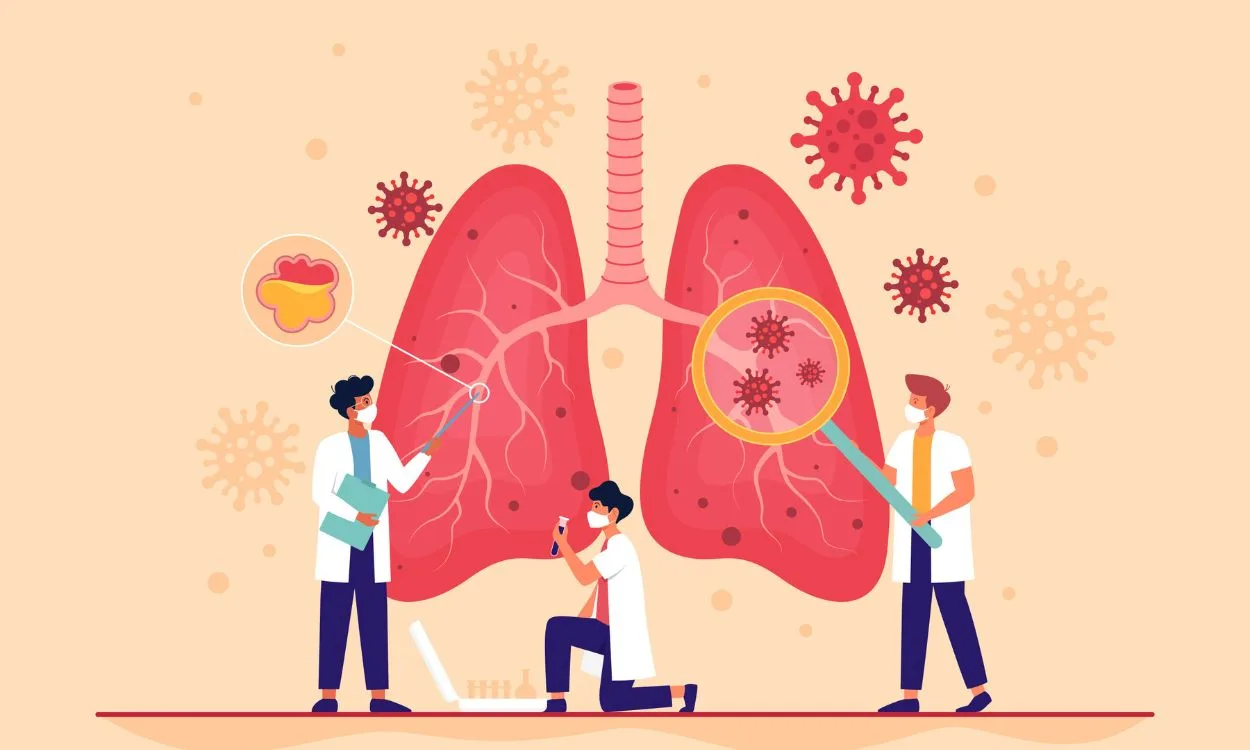
Food Hygiene
Fresh Food: Properly wash fruits and vegetables before eating. Consuming freshly cooked food is crucial during the monsoon as cooking kills harmful bacteria, making food safe to eat. Avoid leftovers, as bacteria can easily thrive in warm and humid weather.

Food Storage: Do not leave food uncovered, as flies can contaminate it and cause stomach infections. Store food in airtight containers to prevent contamination.
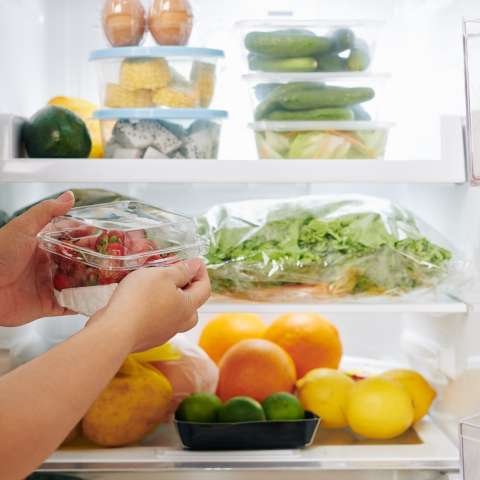
Hygienic Surroundings
Avoid Stagnant Water: Piles of garbage and stagnant water are breeding grounds for mosquitoes and flies. Keep your surroundings clean and avoid storing water in open containers.
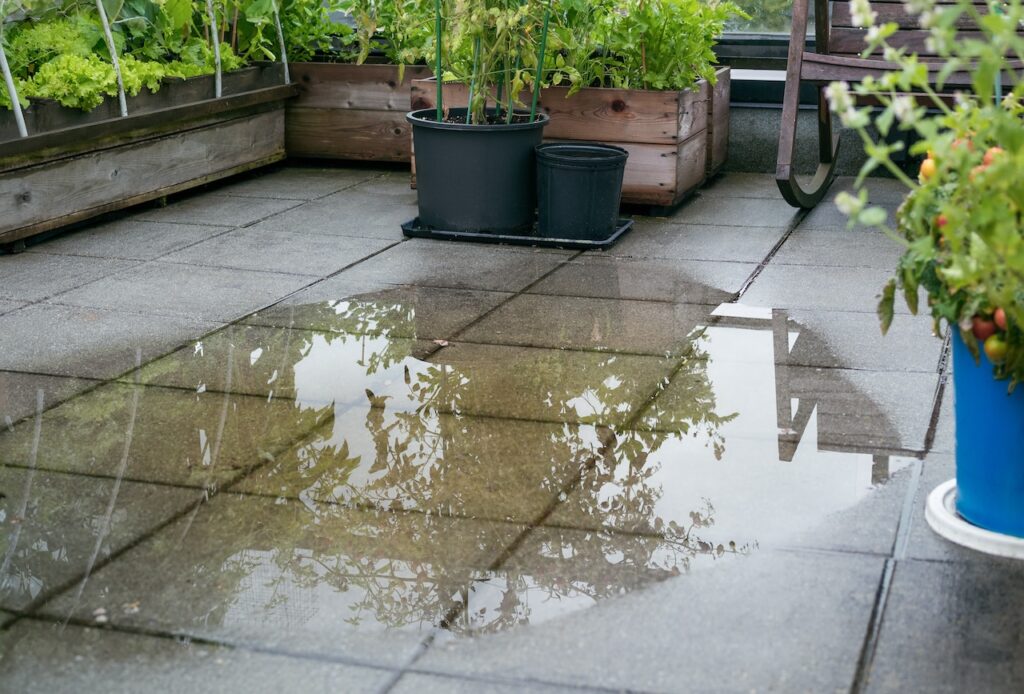
Sanitize Surfaces: Keep your home clean and dry to prevent the growth of mould and fungi. Regularly disinfect frequently touched surfaces to eliminate harmful bacteria and maintain a hygienic environment.
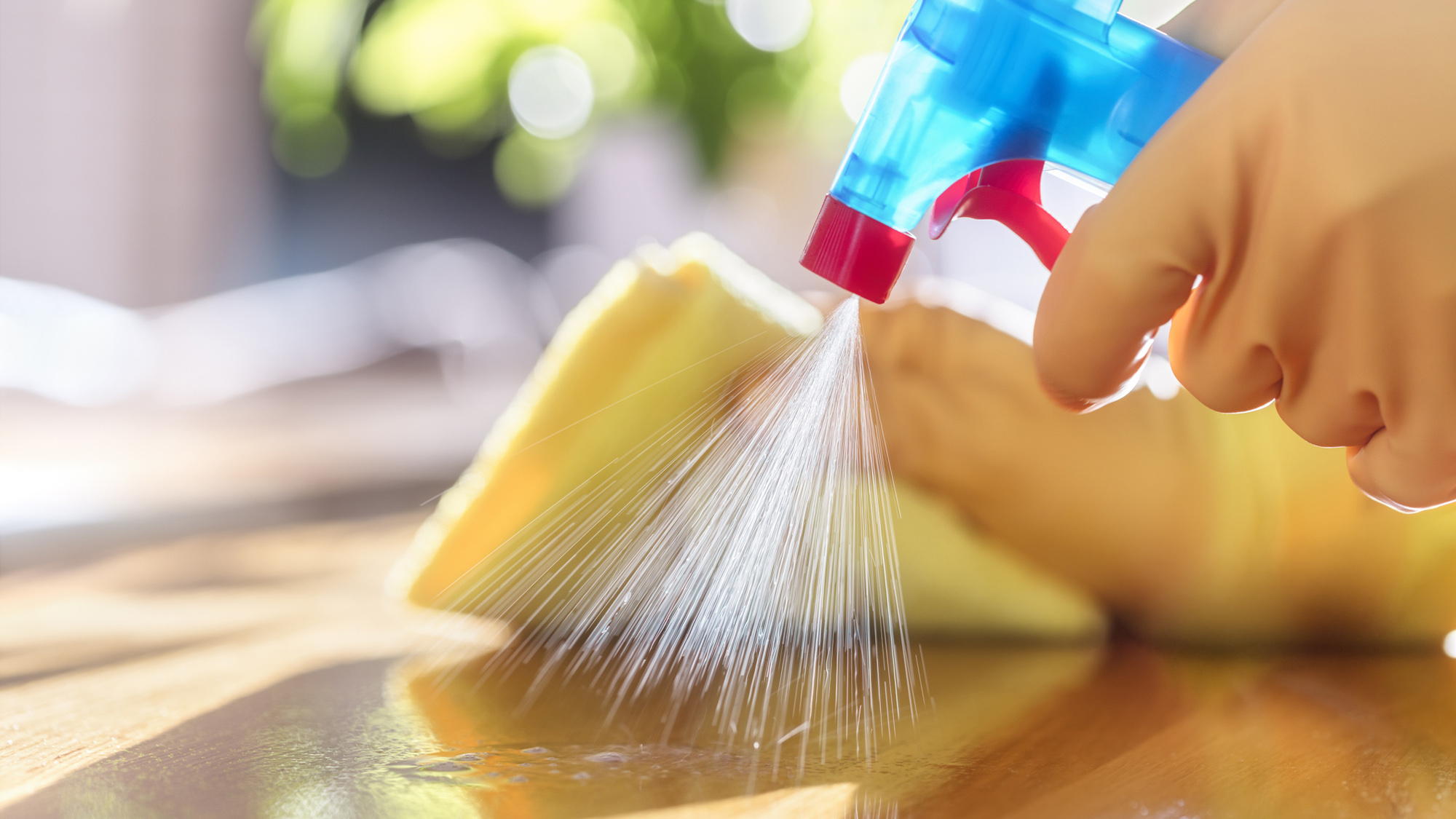
7 Health Tips for the Monsoon Season
Rains are beautiful, but you can only truly enjoy them if you stay healthy. Health problems during the rainy season can range from a common cold and flu to severe conditions like malaria or gastroenteritis. Here are seven rainy season health tips to keep you in top shape:
1. Maintain Personal Hygiene
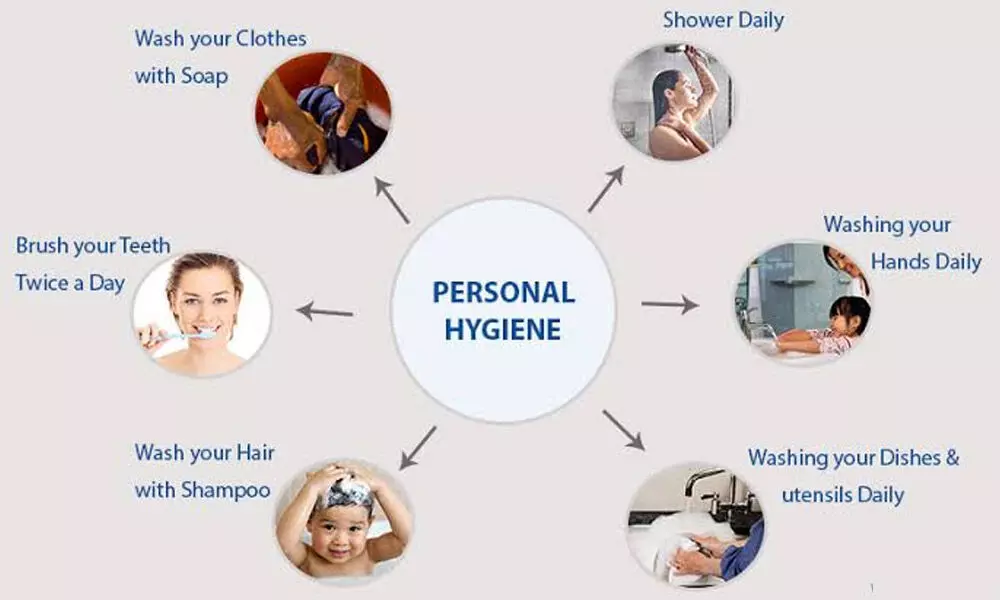
Proper hygiene is the most important rainy season health tip. It is crucial to practice good personal hygiene to stay healthy during the monsoon. Wash your hands regularly with soap and water, especially before preparing or eating meals. If you are traveling and do not have access to water, use a hand sanitizer. Bathe daily, wash your clothes with detergent and dry them properly to prevent fungal skin infections.
2. Stay Hydrated
Monsoons provide a much-needed respite from the hot summers, but the high humidity can make you sweat a lot. Drink plenty of filtered water to keep your body hydrated and flush out toxins.
3. Exercise Caution with Water

During the rainy season, water contamination is common and can cause waterborne diseases like typhoid and diarrhoea. Ensure that drinking water is properly filtered to eliminate any potential contaminants. Use clean water to wash vegetables and fruits. When traveling, drink bottled water or carry your own filtered or boiled water.
4. Eat Fresh and Nutritious Food

The monsoon season creates perfect conditions for bacteria, mould, and other germs to thrive. Avoid raw, undercooked, stale, or street food during this season. Many street food vendors prepare dishes under unhygienic conditions. Focus on eating freshly cooked meals prepared in hygienic conditions.
5. Boost Your Immunity

Rains come with an increased risk of infections. Strengthen your immunity by eating a balanced, nutritious diet and including immunity-boosting foods like probiotics, nuts and seeds, and fruits rich in Vitamin C.
6. Stay Active and Fit

Physical activity is known to improve immunity and is important for overall well-being. Despite the damp weather, maintain a regular exercise routine. Engage in indoor exercises or practice yoga at home.
7. Wear Proper Clothes

Wear airy, breathable fabrics that absorb sweat. This will keep you cool and comfortable. Mosquitoes are common during the monsoon and can spread diseases like dengue, chikungunya, and malaria. Wear long sleeves and full pants to avoid mosquito bites, and use mosquito nets while sleeping. Ensure there is no stagnant water around your area to prevent mosquito breeding.
Conclusion
The monsoon season can be both beautiful and challenging. By taking proactive measures to prepare your home, safeguard your health, and stay entertained, you can make the most of this season while staying safe and healthy. Embrace the rains, stay positive, and enjoy the unique charm that the monsoon brings.
FAQs
1. How can I prevent waterlogging in my garden during the monsoon?
- Ensure proper drainage and use raised beds or pots to keep plants from getting waterlogged.
2. What are some common monsoon-related health issues?
- Common issues include waterborne diseases, respiratory infections, and allergies.
3. How can I keep my home dry during the monsoon?
- Regularly check for leaks, clean gutters, and use dehumidifiers to keep indoor moisture levels low.
4. What should I include in a monsoon emergency kit?
- Essentials like first aid supplies, flashlights, batteries, bottled water, non-perishable food, and important documents.
5. How can I entertain my kids during the monsoon?
- Engage them with indoor games, crafts, and family activities like board games and movie nights.





